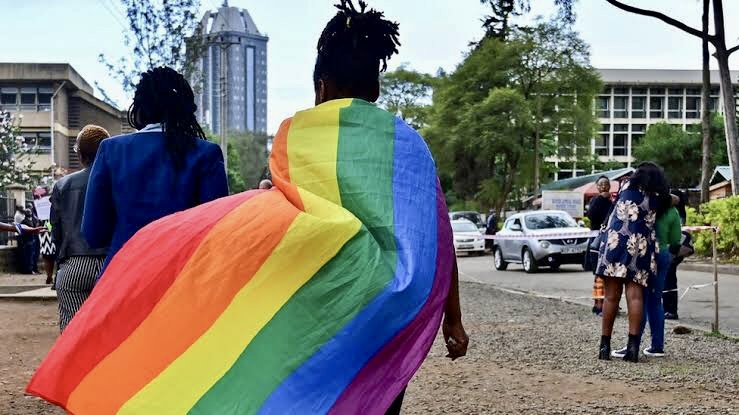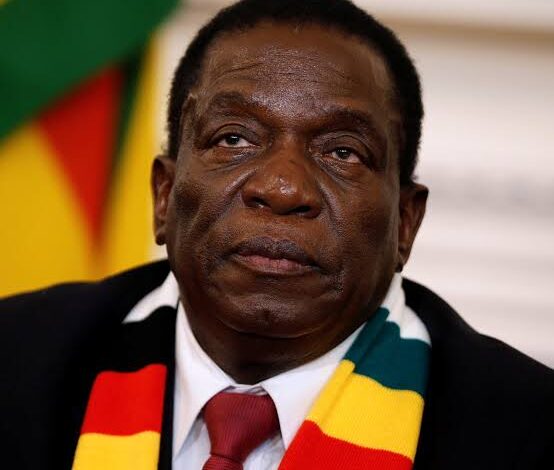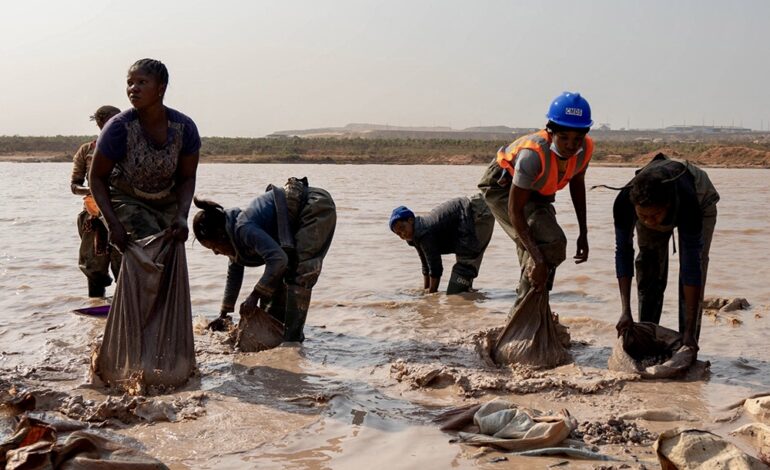
Faith Nyasuguta
Kenya’s National Gay and Lesbian Human Rights Commission (NGLHRC) has been granted the right to register by the Supreme Court after being denied registration by Kenya’s NGO Coordinating Board 10 years ago due to accusations of promoting same-sex behaviour.
In February, the court’s ruling found that the board’s refusal was discriminatory, and on Tuesday, the judges upheld that decision affirming that the right of association and freedom from discrimination cannot be limited.
Justices Philomena Mwilu, Smokin Wanjala, and Njoki Ndung’u deemed the board’s decision to be unreasonable and unjustified. They further said that it is unconstitutional to limit the right to associate based solely on sexual orientation.
The Kenyan LGBTQ+ organization had faced opposition from the board when trying to reserve a name for its intended NGO. The board cited the criminalization of gay and lesbian liaisons in Sections 162, 163, and 165 of the Penal Code as their reasoning for refusal.
However, the Supreme Court has now deemed this decision discriminatory under Section 27(4) of the Constitution which states that the State cannot discriminate against any person on any grounds.
According to the court, all individuals, regardless of sexual orientation, would face sanctions if they break existing laws. The court also clarified that the use of the word “sex” in Article 27(4) refers to sexual orientation, not just the act of sex itself.
Sections 162(a) and (c), 163 and 165 of the Kenyan Penal Code, which were introduced into the law books by British colonisers over 100 years ago, establish a series of criminal offenses, one of which, having ‘carnal knowledge against the order of nature’, is punishable by up to 14 years in prison.
These laws foster and enable public targeting of lesbian, gay, bisexual and transgender people for violence and discrimination.
In 2014, the African Commission on Human and Peoples’ Rights passed Resolution 275, urging all African Union member states to create favorable conditions for human rights defenders working on LGBTQ issues, such as NGLHRC in Kenya, and to help prevent the high levels of violence and discrimination such people experience.
Many other African countries, including Uganda and Nigeria, have also erected obstacles to the registration of LGBTQ organizations due to discriminatory penal codes and other oppressive laws and practices.
RELATED:




